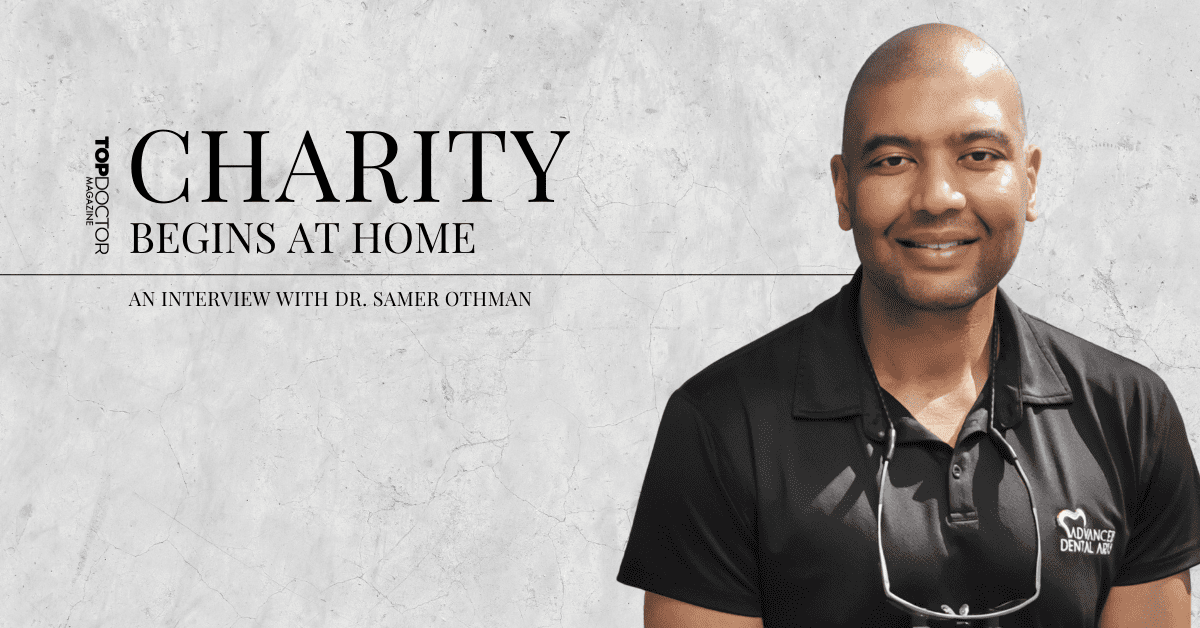How is COVID-19 affecting our health? The good, the bad, and the ugly
We can all agree that the coronavirus has had a sweeping impact on our lives. Everyone has learned to adjust their jobs, social activities, shopping and more. That doesn’t even factor in the looming fear of catching the actual virus. But, there are other ways the virus is having an impact that may not be as obvious.
In this recent article, six health trends are addressed that are worth our understanding: sexually transmitted infections, respiratory infections, insect-borne diseases, non-communicable diseases, alcohol and substance abuse, and mental health. A brief examination of these helps to paint an even bigger picture of just how much the world has changed as a result of the virus.
Sexually transmitted infections, or STI’s, are a common concern among the dating community without introducing the severity of catching COVID-19. While dating apps like OKCupid and others report a rise in connections made on their platforms by as much as 20%, early conversation topics have shifted almost exclusively to discussing the virus. Users are encouraged to avoid the usual next step of meeting in person, where a more common “courtship might involve a spate of love letters. Today, it’s video chats and direct messages.”

While this might sound like an opportunity for a conservative cultural shift in the dating world, taking it slow to prolong the time people spend getting to know one another before things become physical, data suggests that promiscuity instead has simply shifted more towards the virtual. For the individual and exploring couples, every country has seen a steep rise in the purchase of sex toys, from 13% in the UK to “71% in Italy, and a whopping 135% in Canada”, all of which have been utterly dwarfed by Australia’s 350%. One can draw their own conclusions about what the regional data suggests.
We can see that the opportunity for people to become safer has a positive trend; there are fewer sexually transmitted diseases, but with new trends in virtual sexual experiences, including new ‘assisted’ items, it’s unclear what the final message is about one’s personal health and safety when people begin dating in the real world once again.
Perhaps the clearest positive trend from people’s caution regarding the coronavirus deals with respiratory infections. Seasonal flu can cause extremely high numbers of hospitalization and death, but fortunately the same things that protect individuals from getting COVID-19 are effective for other air-borne diseases. Social distancing, shelter in place, and washing one’s hands have all led to a dramatic drop in flu cases reported.
There are some issues with this, considering questions about accuracy in testing, and whether certain strains of flu are simply being misinterpreted as coronavirus cases. Wearing masks is believed to have helped reduce flu cases, but there are questions regarding effectiveness, where some in the medical community believe masks are primarily helpful in preventing those who are already infected from spreading the disease further, and others believe it is an equally strong defense.
Unfortunately, there’s a downside to the effect Covid has had on other respiratory infections, namely tuberculosis. With hundreds of thousands of annual deaths, aggressive programs have been dramatically reducing these numbers with preventative care, proper screening, contact tracing and sheltering measures to prevent the spread. These efforts have been dramatically impacted by limitations in the transport of supplies, people’s ability to travel for screenings, and access to the sick. The result has been a startling rise in new cases.
Similar issues have risen in regards to insect-borne diseases, where mosquitos are the primary villains, and outbreaks in malaria and dengue fever are rising quickly. Professor Scott O’Neill, Director of the World Mosquito Program, stated that ‘We’re facing a perfect storm where fragile health systems manage outbreaks of two diseases at once’. The results are not promising. Disease-fighting nets are not reaching their destinations, traps used to eradicate localized mosquito populations and direct patient treatment are all impacted. People are getting sick and medical systems are overwhelmed.

We can see the impact of the coronavirus outbreak on infectious diseases, but what about non-communicable issues like heart disease and cancer? Unfortunately, we see similar trends, where people are simply not getting tested for preventative measures, and those who are already coping with severe medical issues are finding access to standard care severely limited.
For decades, we’ve heard the message from the medical community loud and clear; get your blood pressure tested and under control, have regular cancer screenings and be proactive, since there are solutions to many forms of heart disease, and cancer is best eliminated when caught early. But, when there is an immediate health threat like COVID-19, it affects these higher-risk patients exponentially more than the population with average health. The results are a rise in new cases of heart disease and a higher death rate in cancer patients, where the actual impact on new cancer cases has yet to be met with accurate data.
This should come as no surprise, but the coronavirus has brought with it a huge rise in alcohol and substance abuse globally. Most of this data simply comes from the sharp uptick in alcohol sales, but data is also derived from social media. Everything from drinking games to discussions regarding substances and related activities, the message is clear that isolation has increased people’s use of chemicals, and removing the social element does little to reduce this. If anything, like dating, people have adapted their technology through screen shares, video conferencing and social media to add a new dimension to their use of alcohol and drugs.
Mental health issues affect millions of people around the world. Recent data sheds light on the impact of the pandemic on people’s state of mind. With a rise in new cases of depression and other issues, along with significantly worse symptomology for those already suffering a range of mental issues, data shows that “drivers of poorer mental health during the pandemic included not being able to see family, loneliness, not being able to go outside, concerns about the virus itself, and boredom.”

Adding all of the concerns up, one can see a general fatigue in the human condition from redundancy and isolation. But, similarly we see a fatigue in the systems that are designed to keep the wheels of society rolling, from transportation of supplies to vital access to medical care, we find that it isn’t just resources, but the fact that the same protocols designed to protect us from infection will undoubtedly lead to lack of proper care and a shortage of available professionals to help. Appointments are missed, tests can’t be administered or processed, and even manufacturing is compromised.
One has to ask themselves, where is the balance between safety and the need for a modern society? What do you think; are the side effects of things like quarantine and sheltering in place just as big a risk as the virus itself? We’d love to hear your input, and in the meantime, be safe, and make a conscious effort to remain healthy.
At TopDoctor Magazine, our mission is to foster connections within the health and wellness community, acting as a vital bridge between doctors and patients and facilitating collaborations between medical companies and healthcare professionals.
Our purpose extends to empowering our readers, providing them with the knowledge to make well-informed healthcare and lifestyle decisions.
We take pride in being the ultimate resource for interviews with health and wellness leaders, delivering trending medical news, and covering a wide range of healthy living topics.






0 Comments